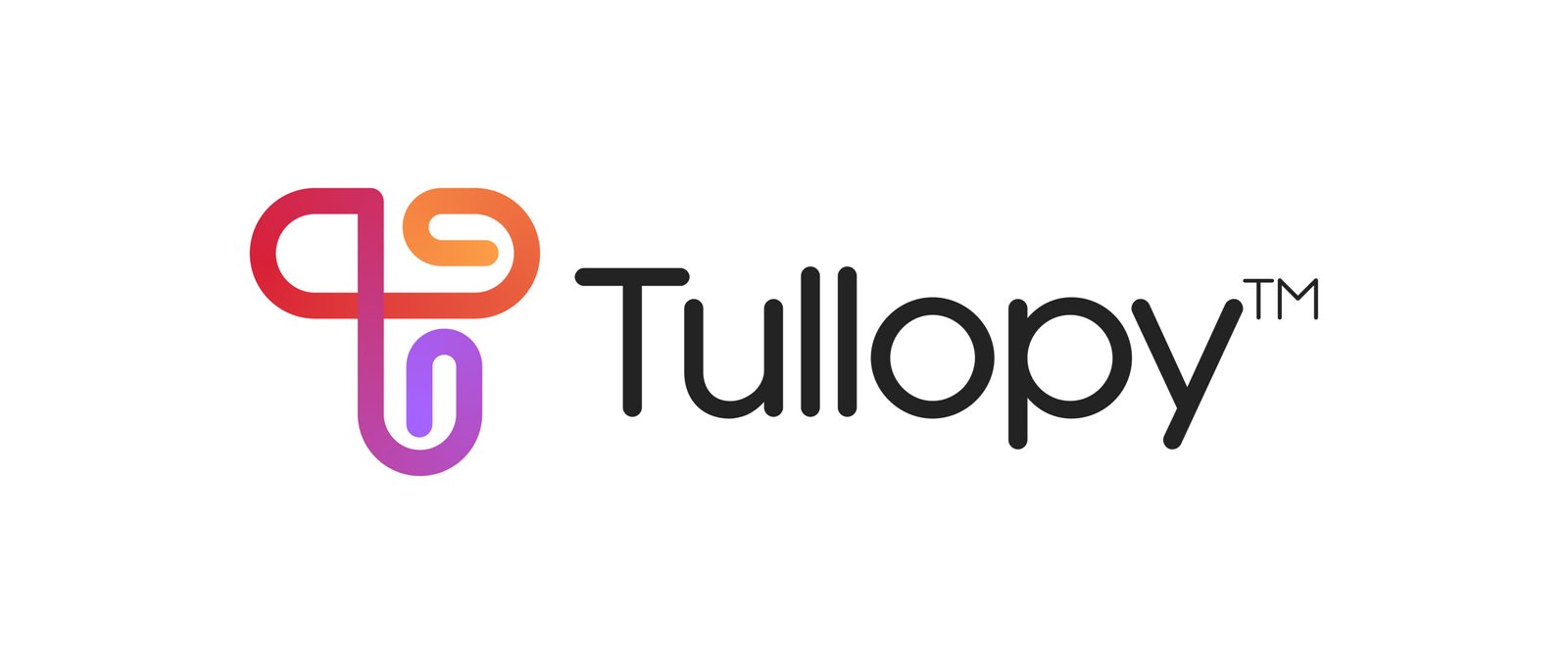As a start-up founder or executive, offering bonuses can be a powerful tool to motivate your team and reward exceptional performance. However, the tax implications surrounding cash bonuses can be complex, especially when considering short-term versus long-term payouts. Understanding how these bonuses are taxed and how to structure them can save your company and employees from unexpected tax liabilities.
Cash Bonuses: The Basics
Cash bonuses are considered ordinary income and are taxed in the year they are received. Employers typically withhold taxes on these bonuses at a flat rate—currently 22% in the U.S. as of 2023—or based on the employee’s regular income tax bracket. The way you structure your bonus program can significantly impact its tax treatment, particularly concerning Section 409A of the Internal Revenue Code, which governs deferred compensation plans.
Recommendation: At-Will Employment in New York: The Exceptions and Their Limits
The Short-Term Deferral Exception under Section 409A
Most annual bonus programs aim to qualify for the short-term deferral exception under Section 409A. This exception applies when a bonus is paid within a short period—typically within 2.5 months—after the end of the year in which it was earned. If your bonus plan meets this criterion, it generally avoids the stringent rules and penalties associated with Section 409A.
Example 1: Annual Bonus
- Scenario: Your start-up offers an annual performance-based bonus. Employees earn this bonus by hitting sales targets in 2024, and you plan to pay it out by February 15, 2025.
- Tax Treatment: Since the bonus is paid within 2.5 months after the year it was earned (2024), it qualifies for the short-term deferral exception.
- Implication: The bonus is taxed as ordinary income in 2025 when it’s paid. You don’t need to worry about Section 409A compliance for this bonus.
Long-Term Incentive Plans (LTIPs) and Section 409A
Long-Term Incentive Plans (LTIPs) are more complex. They often involve deferred compensation, meaning the payout occurs several years after the performance period. LTIPs are more likely to fall under Section 409A, which has strict rules regarding deferred compensation. Non-compliance can result in severe penalties, including immediate taxation of the deferred amounts and an additional 20% tax penalty.
Example 2: Long-Term Incentive Plan (LTIP)
- Scenario: You design an LTIP for key executives, offering bonuses based on company performance over three years (2024–2026), with payment scheduled for March 2027.
- Tax Treatment: Because the payment is deferred beyond the 2.5-month window after the earning period, the plan falls under Section 409A.
- Compliance: To avoid penalties, the LTIP must comply with Section 409A rules. This includes specifying fixed payment dates or conditions (like achieving certain performance metrics). Properly structured, the executives will be taxed in 2027 when they receive the bonus.
Pitfalls of Non-Compliance
Failure to adhere to Section 409A can have serious consequences for your employees, including immediate taxation and hefty penalties.
Example 3: Non-Compliant Deferred Compensation Plan
- Scenario: Your company promises bonuses payable in 2028 based on performance from 2024 to 2027 but doesn’t specify fixed payment dates or conditions.
- Implication: Without clear payment triggers, the plan doesn’t comply with Section 409A. Employees could face immediate taxation on the deferred amounts and a 20% additional tax penalty—even before receiving the bonus.
Recommendation: New York’s Anti-Gag Clause Law: What Business Owners and Employees Need to Know
Key Takeaways for Start-Ups
- Annual Bonuses: If paid within 2.5 months after the earning year, they typically qualify for the short-term deferral exception. This keeps them out of Section 409A territory and simplifies tax treatment.
- LTIPs: These require careful structuring to comply with Section 409A. Clearly define payment conditions and dates to avoid penalties.
- Compliance is Crucial: Non-compliance with Section 409A can result in significant tax burdens for your employees, which can negatively affect morale and trust.
Final Thoughts
Understanding the tax implications of your bonus structures is essential for maintaining your start-up’s financial health and keeping your team motivated. When in doubt, consult with a tax professional to ensure your bonus plans are both attractive to employees and compliant with tax laws.
Disclaimer: This article is for informational purposes only and does not constitute legal or tax advice. Consult with a qualified tax professional or attorney to address your specific circumstances.











